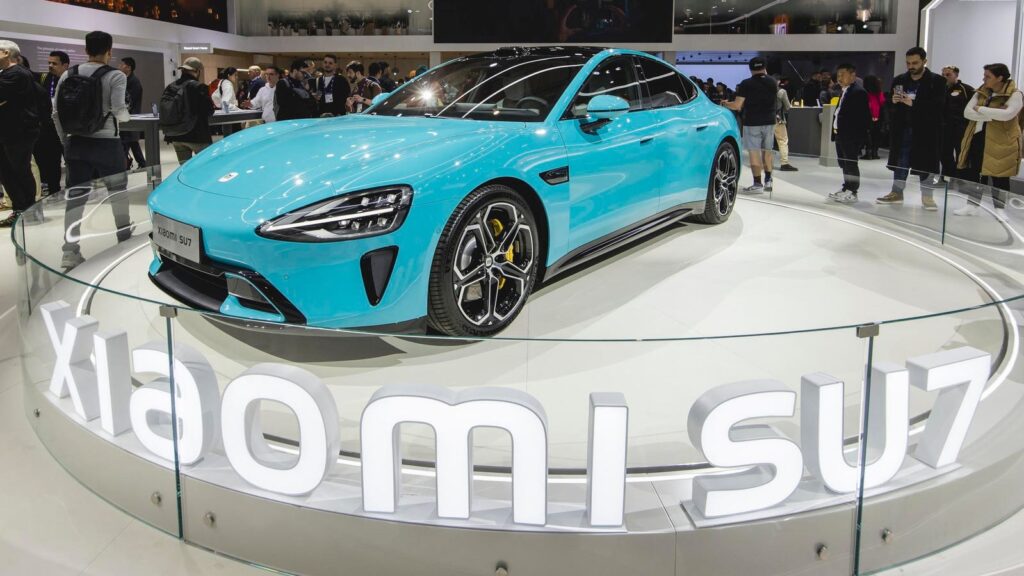
China’s Dominance in EVs: A Wake-Up Call for US Automakers
The global electric vehicle (EV) market is shifting rapidly, and the United States is at risk of being left behind. Chinese automakers have made significant strides in recent years, leveraging government support and strategic investments to become a dominant force in the industry. This trend has far-reaching implications for US-based manufacturers, who must adapt quickly to remain competitive.
The data speaks for itself: China now accounts for over 50% of global EV sales, with BYD, Geely’s Geometry brand, and other Chinese companies pushing the boundaries of innovation and affordability. While American automakers have made some progress in recent years, their efforts are insufficient to keep pace with China’s aggressive expansion.
In response to these market dynamics, US-based manufacturers must rethink their strategies and invest heavily in EV technology. The current approach, characterized by piecemeal efforts and limited support from government agencies, is no longer sufficient. Without a coordinated effort, the industry risks being overtaken by Chinese competitors.
A recent statement by Honda CEO Toshihiro Mibe underscores the gravity of the situation: “Chinese automakers and new players have changed the car industry quite a lot.” This sentiment is echoed by other industry leaders, who warn that US-based companies are failing to adapt to the rapid pace of technological change.
The statistics tell an alarming story. Despite significant investments in EV technology, American automakers are struggling to gain traction in the global market. Meanwhile, Chinese rivals have developed a robust ecosystem for EV development, from rare earth mineral mining to nationwide charging infrastructure. This end-to-end approach has allowed China to drive down costs and boost consumer adoption.
In contrast, US-based manufacturers are facing significant headwinds. Supply chain constraints, higher labor costs, and limited government support have hindered their ability to compete effectively in the global market.
As a result, it is imperative that American policymakers develop a comprehensive strategy to promote domestic EV production and job creation. This will require a concerted effort from both federal agencies and state governments to invest in infrastructure development, provide meaningful subsidies for EV adoption, and ensure access to affordable capital for startups and established players alike.
The clock is ticking, as the global auto industry undergoes a transformative shift towards electrification. It is time for US-based automakers to acknowledge the Chinese threat and commit to long-term investments in EV technology. Failure to adapt will come at a steep cost: jobs lost, market share eroded, and an erosion of the nation’s technological leadership.
It remains to be seen whether American policymakers will rise to the challenge or succumb to short-term thinking. One thing is clear: China’s dominance in EVs serves as a stark warning for US-based manufacturers to act decisively to reassert their place in the global market.
Source: www.forbes.com


